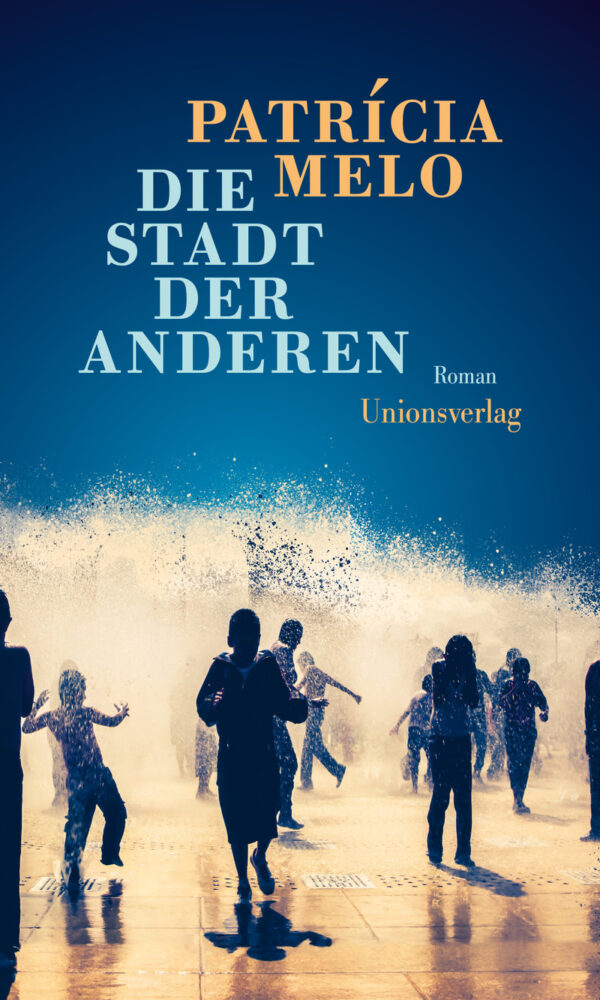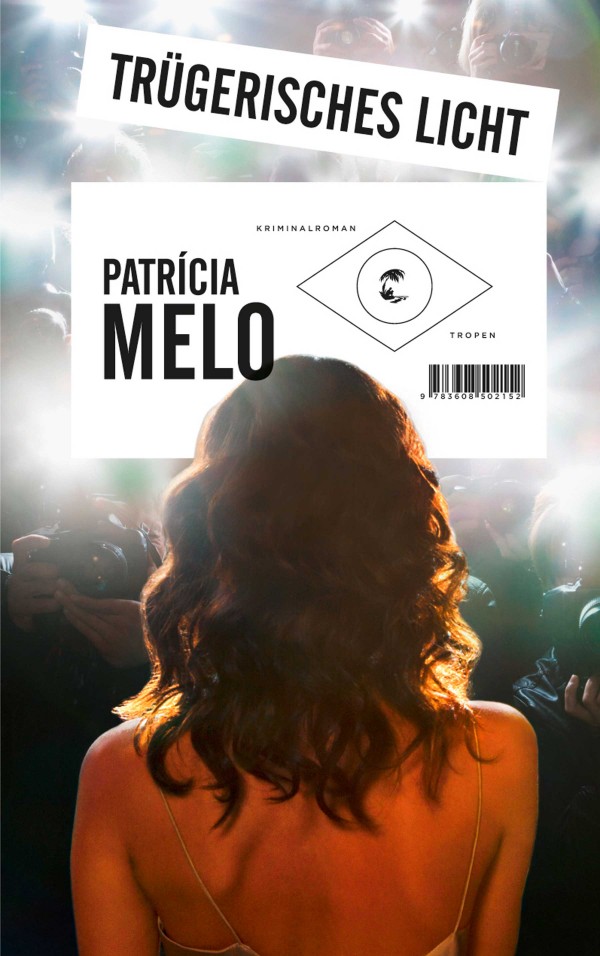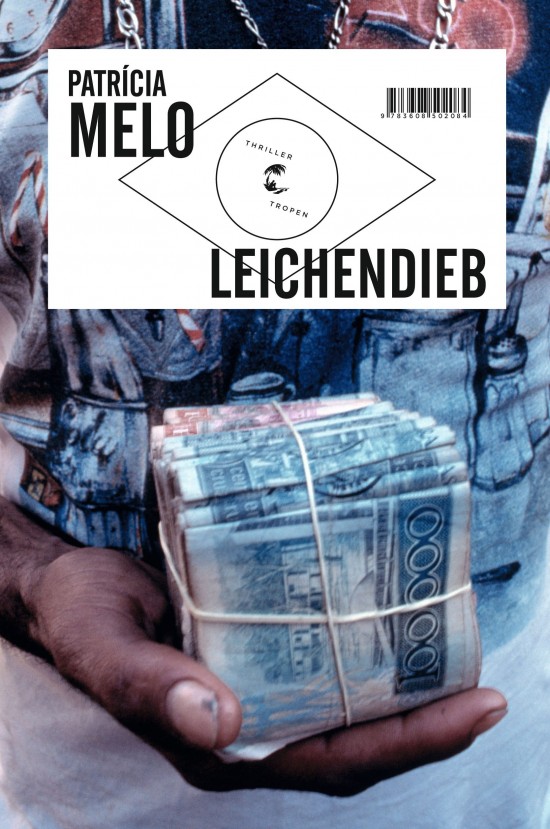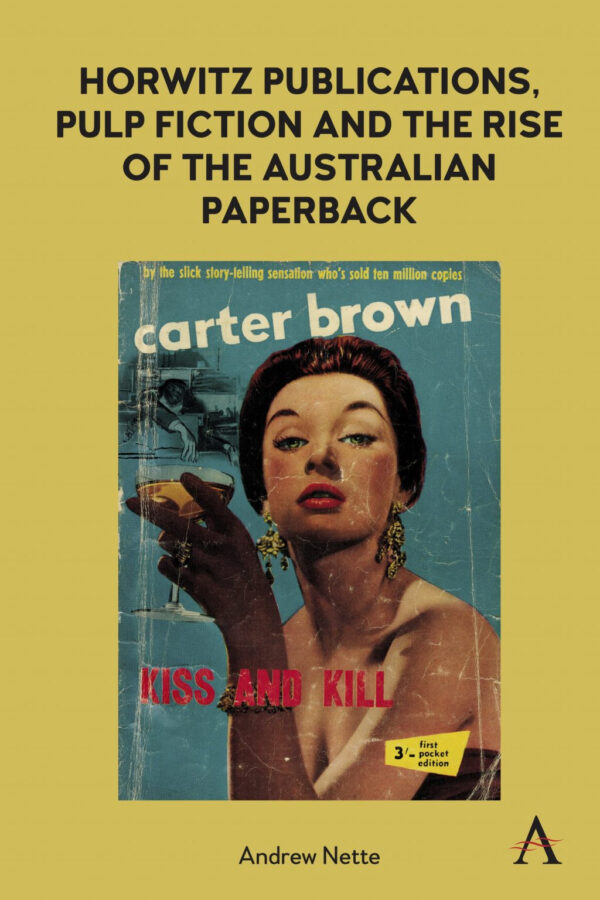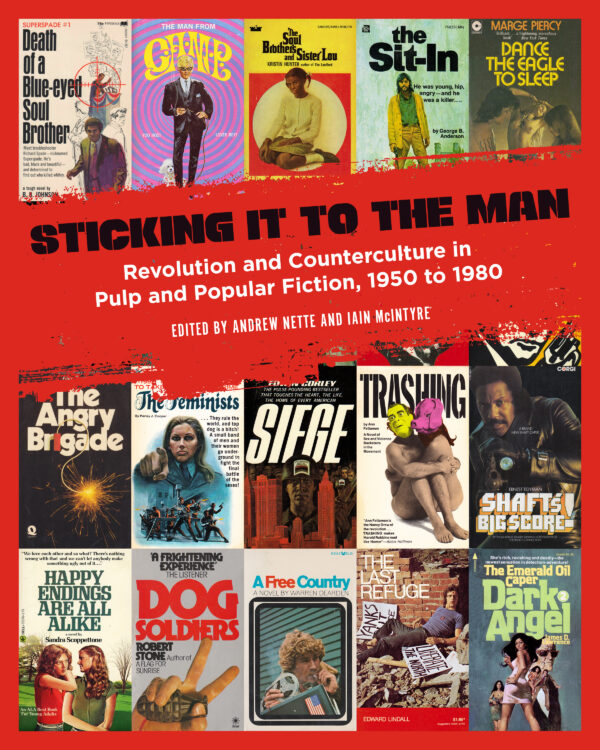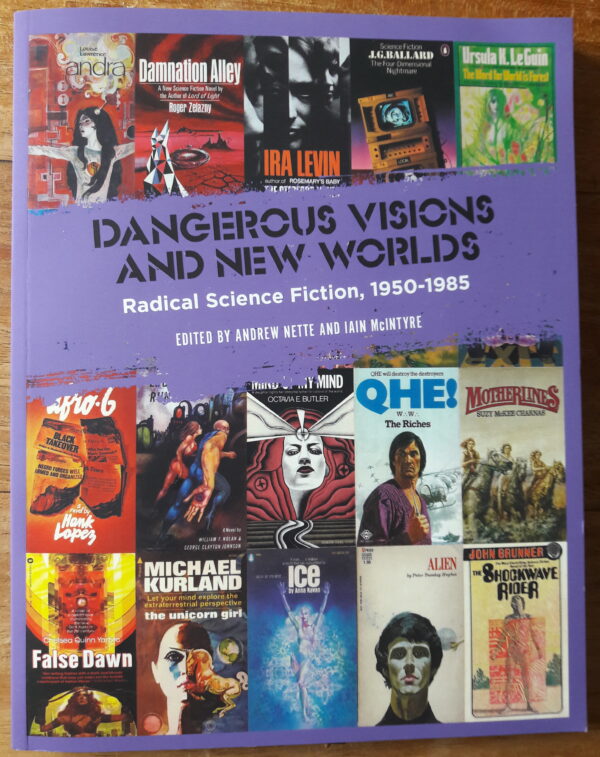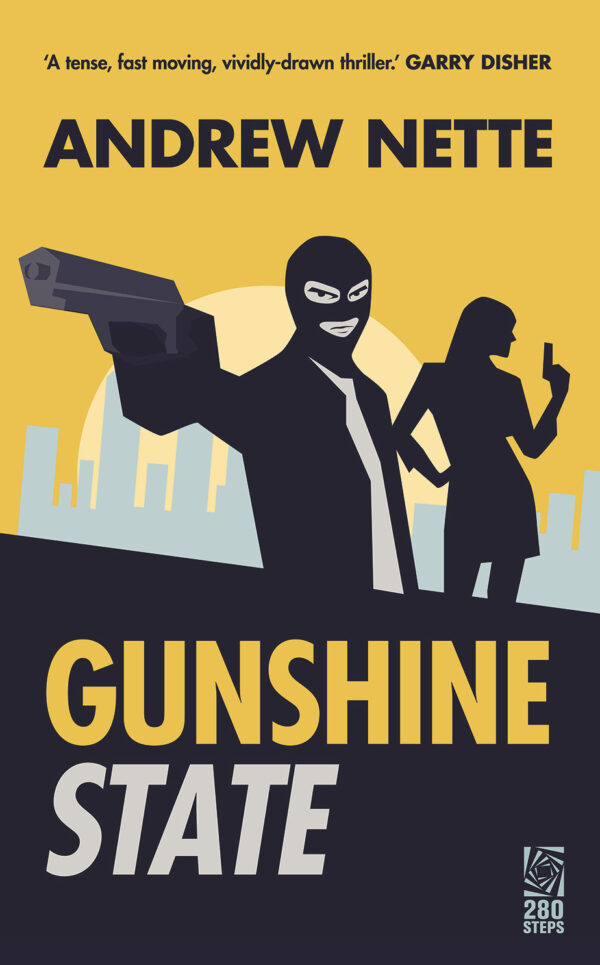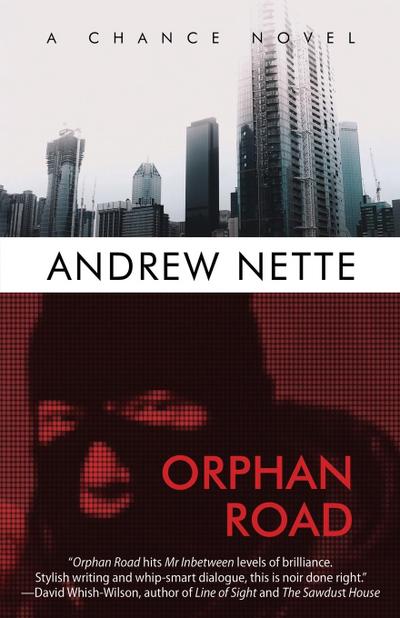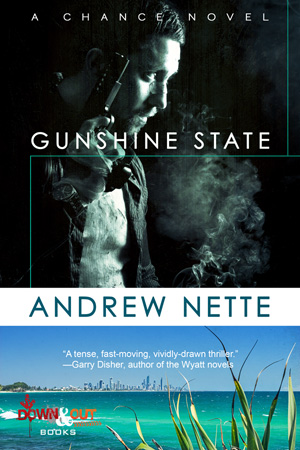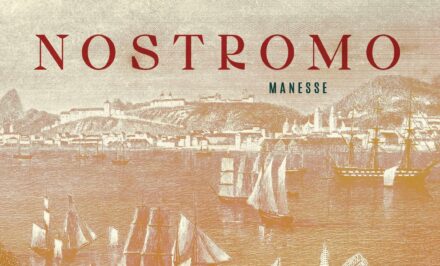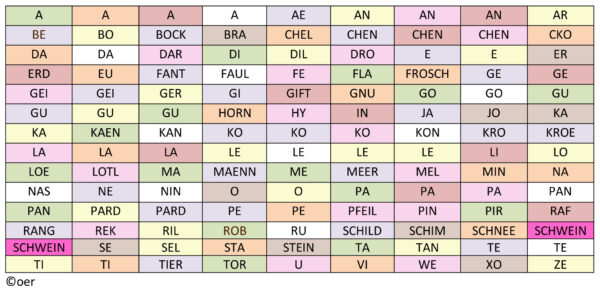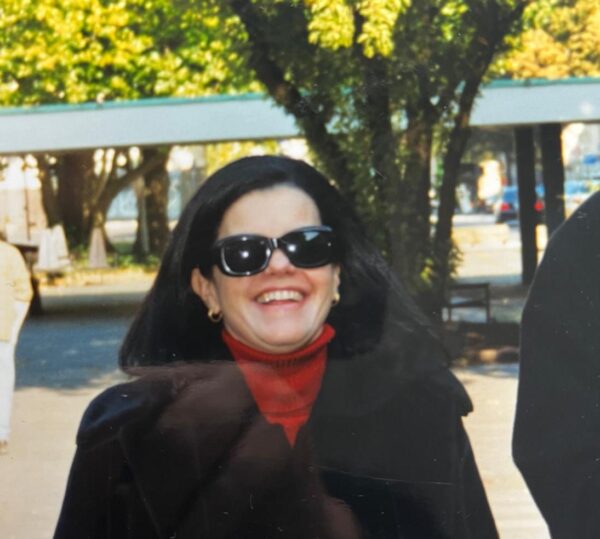
Patricia Melo: A man of passion
The photo was taken by translator Barbara Mesquita, when I had the pleasure of meeting Thomas Wörtche in 1997, during the launch of my novel „O Matador“ in Germany. It was an unforgettable journey of readings across several German cities, and from our very first encounter, I was profoundly impressed by Thomas’s immense cultural knowledge, by his passion for literature and his keen eye for contemporary Brazilian writers. His literary insights, his dedication to promoting and understanding Brazilian literature were an enriching experience for me and for our audience.
Here my message to him:
Dear Thomas,
Your 70 years mark a remarkable journey of intellectual pursuit and cultural contribution. You have been a beacon of light in the literary world, guiding and nurturing countless writers and readers. Your influence extends far beyond the borders of Germany, touching lives and inspiring literary communities globally.
On this milestone birthday, I join the chorus of dozens and dozens of writers and readers who have had the privilege of being a part of your brilliant journey. We celebrate not just your age, but the vast legacy you have built through your work, your passion, and your dedication to the literary arts.
With deepest admiration and heartfelt wishes,
Patrícia Melo
** **
Barbara Mesquita: Thomas wird 70? Unglaublich!
Wir haben uns doch gerade erst kennengelernt, neulich war das, ich glaube 1997 in Dortmund, als Thomas die brasilianische Autorin Patrícia Melo vorgestellt hat, die dann mit O Matador, ihrem zweiten Roman und dem ersten, der ins Deutsche übersetzt wurde, gleich den deutschen Krimipreis gewonnen hat.

Für mich war es meine erste Buchübersetzung überhaupt, zu der mir meine Freundin und Kollegin Maralde Meyer-Minnemann durch ihre Empfehlung beim Klett-Cotta Verlag verholfen hatte, und sie hat mir nicht nur den Einstieg in die Welt der Literaturübersetzung eröffnet, sondern mir gleich zwei Freundschaften beschert: mit Patrícia Melo und mit Thomas.
Seither hat Thomas mit seinen klugen Besprechungen die insgesamt zehn Romane von Patrícia Melo, die ich übersetzt habe, im Universum der gesellschaftskritischen Kriminalliteratur verortet und dem Lesepublikum nähergebracht. Und auch wenn sich über die Jahre, die seit unserer ersten Begegnung in Dortmund vergangen sind, die Wege von Thomas, Patrícia und mir in verschiedene Richtungen entwickelt haben: Die spontane Verbundenheit, die sich gleich bei der ersten Begegnung von uns dreien eingestellt hat, ist geblieben, vielleicht, weil wir die gleiche Wellenlänge haben.
Und den gleichen (schwarzen) Humor! Deshalb sind mir auch die surrealen Erlebnisse mit der angolanischen Botschaft unvergessen, die Thomas und ich anlässlich der Vorstellung des von ihm 2004 in der Metro-Reihe des Unionsverlags veröffentlichen Romans Jaime Bunda, Geheimagent des angolanischen Autors Pepetela hatten.
Herzlichen Glückwunsch, lieber Thomas, auf dass es noch lange, lange so kritisch-klug und schwarzhumorig weitergehe!
Hughs, Barbara
** **
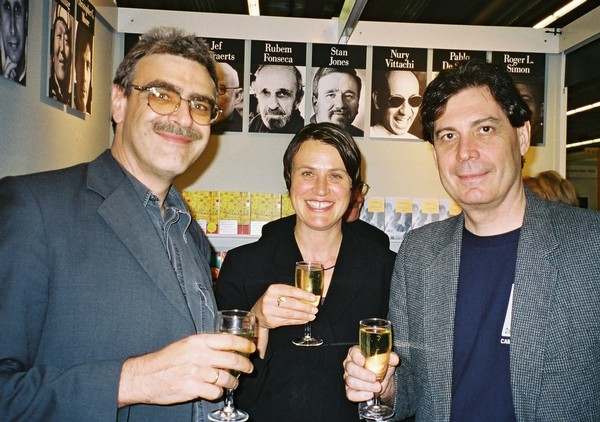
Christopher G. Moore: On the occasion of Thomas Wörtche’s 70th birthday
In 2004, I first met Thomas in Berlin. We spent time together talking about crime as he showed me the real hardcore Berlin known by only a handful of sleuths—Thomas being one of them—whose knowledge of the dark back alleyways. Thomas was legendary in the crime world twenty years ago. His legend has continued to grow.
Amendment: Come to think of it, I have no recollection of visiting any back alley in Berlin. Please don’t hold me to facts. Otherwise, how else can a writer be expected to create an epic character? In Thomas’s case, there’s no need to embellish. He’s one of a kind.
Thomas turning 70 doesn’t seem possible. He was still in his 40s when Thomas became been my editor at Unionsverlag. He ‘discovered’ me writing noir crime fiction in Thailand. Spirit House, the first novel in the Vincent Calvino series was published in 2000 as Haus der Geister. There were problems with the translation in German. I remember a rumor that one of the early translators was an ex-KGB officer and his translation read like a badly written case report. True or not? I can’t say. In any event, the result was Thomas was landed with a manuscript that he had spend many weeks to retranslate the book.
I suspect that the real reason why in 2004 Stunde Null in Phnom Penh won a Krimi award was the way the judges used to acknowledge Thomas. His contribution was immense. He served with bravery and valour on the literary frontline as editor/translator. As a member of his crime fiction squad I saw him with nerves of steel as all that incoming landed around him. It was amazing. He never left anyone behind.
Also, Thomas also guided me through a couple of speaking engagements in Germany. I found myself in an ancient 18th century massive building in the north. There were a couple of hundred people in the room. At the end of my talk, one of the organizers came up to me and held out an envelope. I looked at Thomas. He smiled. I looked inside the white envelope. There was cash. I thought someone was trying to play a prank. White envelope. Cash. Thailand. Thomas told me it was okay; that in Germany writers were paid to speak. The audience had paid to listen. At this point I think I temporarily stopped breathing. Where I lived, writers were paid to shut up. Thomas assured me it wasn’t a sting operation.
Bottom line: Thomas enriched my life in more ways than one.
There are few people who have done as much as Thomas over the years to create an international crime writers’ community. Many of us owe him a huge debt. I salute, you my friend, as a newly minted septuagenarian you’ll get used to younger people offering you their seat on the train or bus. Your birthday is a reminder of how hard you’ve worked over the years to build the crime fiction community and a large crime-reading audience.
** **
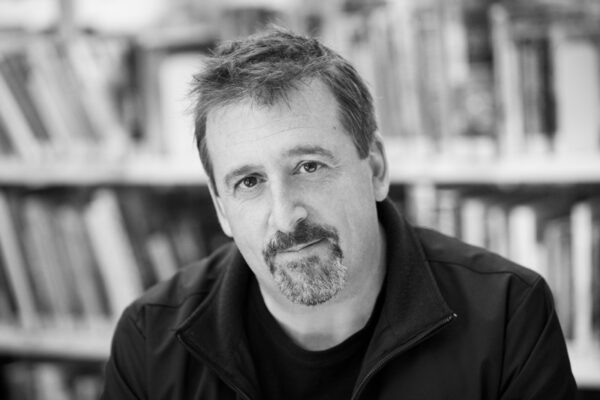
Andrew Nette: If not too busy…
While I was familiar with Thomas Wörtche from social media, I’ve only met him in the flesh once, during my recent trip to Berlin. I contacted him in advance of my arrival to ask whether he would be available to meet up while I was in town. He said words to the effect that he was busy but would be able to spare me a little bit of time.
We ended up spending five hours together, having lunch, walking and talking (including accompanying me on a visit to Dussman’s bookstore, and humouring me while I asked the staff about Edgar Wallace krimi films that are almost impossible to find outside of Germany).
This is actually something that happened quite a bit during my time in Germany. When I contacted people about meeting up, they would tell me how busy they were and then happily spent many hours with me, talking, drinking, eating and walking. Is it a little talked about national trait, I wonder?
We talked crime fiction, cinema, East Germany, the nature of fascism, and the far right in Germany and globally. My take – which may sound arrogant given how little time we spent together in the larger scheme of things – was that he was charming, solicitous, knowledgeable, did not suffer fools, had a louche streak (maybe a large one, I don’t know, it was only lunchtime). If you were a writer, you’d be bloody lucky to have him as your editor.
This is small fragment in the mosaic of a much, much larger trip. I hope we get to meet up again in the future. That’s if he is not too busy.
Andrew Nette lives in Melbourne and is a writer of fiction and non-fiction, reviewer and pulp scholar. Upcoming book: Revolution in 35mm: Political Violence and Resistance in Cinema from the Arthouse to the Grindhouse, 1960–1990. His essays with us here.
Reviews from Alf Mayer: Reading ahead (24): „Orphan Road“ von Andrew Nette
Reading ahead (22): Radical Science Fiction, 1950-1985
Reading Ahead (19): Sticking It to The Man. Revolution and Counterculture in Pulp and Popular Fiction, 1950 to 1980
Reading Ahead (14): Girl Gangs, Biker Boys and Real Cool Cats. Pulp Fiction and Youth Culture, 1950-1980

